Robb asked me to contribute to his blog because a lot of his recent writings about identy are the culmination of years of conversations we have had together.
I remember as a teenager starting to read ‘The Imitation of Christ’ by the Christian mystic Thomas á Kempis, and giving up after about 4 pages due to feeling completely disheartened – no way could I ever live up to this ideal! I probably should have learned more about the mystics first before starting to read it, but that’s a whole other subject… In both my personal experience and in my professional work as a clinical psychologist, I have found that many Christians have highly unrealistic expectations of themselves, which has a significant impact on their sense of self and on their emotional wellbeing and functioning. This seems particularly so in some churches or Christian families where it is unacceptable to be sinful in any way, or where even the briefest unkind or unpleasant thought is ‘as bad as committing the sin itself’ (based on a complete misunderstanding of Jesus’ words in Matthew 5:21ff).
During my training I came across ‘Self-Discrepancy Theory’ (Higgins,1987), which came to mind again during my discussions with Robb and got me thinking about identity and these struggles faced by myself and many other Christians. The theory proposes that we have a number of distinct domains within our identity, including the ‘Actual Self’ (how I view myself now), the ‘Ideal Self’ (how I hope to be), and the ‘Ought Self’ (how I should be, according to my sense of duty, obligation and responsibility). The theory also suggests we have a domain for each of these Selves from the standpoint of a significant other (e.g., how I believe my mother actually sees me, or how I believe my husband ideally wants me to be – no comments Robb!!).
The theory goes on to suggest that the greater the difference, or discrepancy, between an Actual self-state and an Ideal or Ought self-state, the more likely the development of negative emotional states, including low self esteem, shame and guilt, depression and anxiety.
So what does this mean for Christians? The difficulty is for many of us, especially those like myself who are ‘cradle Christians’, is that we are taught from a very young age that our Ideal Self is Christ himself. And with this self-state representation, who would not have a huge discrepancy between their sense of self as they are, and the self that they believe they should be? And even more troubling, what are our beliefs about how our fellow Christians perceive both our Actual Selves and our Ideal/Ought Selves? No wonder many Christians become guilty, anxious and depressed.
But what does it really mean to imitate Christ, or to have him as a representation of an Ideal self? I can’t believe that it means I should strive to be a Jewish male itinerant rabbi! Nor do I believe I should be striving for perfection – I constantly see the serious psychological consequences of such attempts in my therapy room. This may be a question better left to the theologians than for a simple psychologist like myself, but I am drawn to the narrative of Christ in the garden of Gethsemane – a moment where He too experienced anguish and uncertainty, and questioned God’s call. It is in this, and many other recorded moments of intimacy, genuineness and authenticity that we might see how we too could discover God’s call on our own lives.
Furthermore, perhaps some of the key areas for psychological therapy for depression or anxiety, based on Self-Discrepancy Theory, may also guide our thinking:
1. Identifying and challenging any unhelpful representations within Actual Self;
2. Developing acceptance and self-compassion;
3. Exploring Ideal and Ought Selves, and developing new and more realistic/helpful future-self representations. This is particularly important where there have been significant life changes due to trauma, loss, illness, etc.
If we can start to be more realistic and authentic about who we really are, develop both acceptance and self-compassion about the things we can’t change or feel less positive about (or worry that others feel less positive about), and have a more realistic and helpful sense of who God is calling us to be, maybe we can stop feeling so guilty, anxious and depressed, and start living ‘life in all its fullness’ instead.




